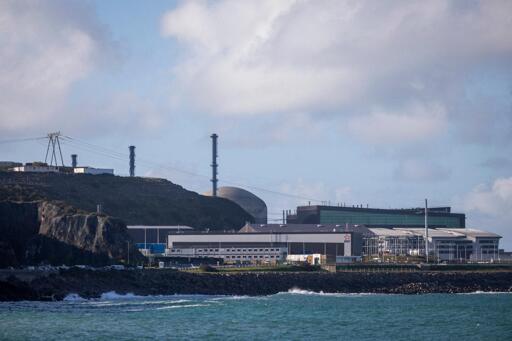Summary
France’s Flamanville 3 nuclear reactor, its most powerful at 1,600 MW, was connected to the grid on December 21 after 17 years of construction plagued by delays and budget overruns.
The European Pressurized Reactor (EPR), designed to boost nuclear energy post-Chernobyl, is 12 years behind schedule and cost €13.2 billion, quadruple initial estimates.
President Macron hailed the launch as a key step for low-carbon energy and energy security.
Nuclear power, which supplies 60% of France’s electricity, is central to Macron’s plan for a “nuclear renaissance.”



At least this one is on the coast so it can still run when the rivers dry up.
But holy shitsnacks 3½ times slower than planned and 4 times more expensive. No wonder no new nuclear power plants have been built in a generation when the ones coming online now were all delayed by a generation.
4 times budget sounds more than it is. You have to underbid to actually get contracts for construction and then it also depends on what was actually missing in the specification.
Big projects are never on budget because the budget is just an arbitrary number of lowballing the best case estimate
As others have mentioned, it isn’t for a practical reason. Nuclear is not that difficult to build. Look at China. Certain groups (funded by dirty energy companies) have pushed an idea that nuclear isn’t safe and had more and more bureaucracy and regulations pushed onto it. Sure, some is needed, as it’s also needed for other sources. Nuclear has been strategically handicapped though because they know it’d destroy their business if it’s able to compete on a level playing field.
Nuclear isn’t safe. You should still not pick mushrooms in parts of germany because it isn’t. It’s an inherently dangerous technology, which you can only try to mitigate.
Nuclear can only work because it is heavily subsidized. If it had to compete on a level playing field, not a single plant would ever have been built in history, as they are uninsurable on the free market and no investor would touch them with a stick without huge government guarantees.
It’s the most expensive form of power generation there is, and in 2024 with renewables as good as they are it is just plain unnecessary to sink resources into this dead end.
By amount of power generated, compared to other sources, yes, it is, and it’s safer now than ever in the past. The only source of power safer is large-scale PV.
https://www.visualcapitalist.com/cp/charted-safest-and-deadliest-energy-sources/
https://www.statista.com/statistics/494425/death-rate-worldwide-by-energy-source/
If you want to disagree, provide some sources. Sure, some disasters have happened, but even those haven’t been as bad as portrayed and the risks have been significantly mitigated, to the point where it’s practically impossible to happen again outside of very specific circumstances. The fact you can’t eat mushrooms in some places in negligible compared to the entire world being damaged by coal and other dirty energy.
This is total BS. It’s only unprofitable for a few reasons only nuclear has to deal with. They have a lot more regulations and stuff they have to pay for. For example, all nuclear waste is contained and stored by nuclear power generators (in the western world at least). They have to pay for this. No other power source has to pay this cost. They just release the waste and it’s a negative externality everyone else has to deal with, but not them.
For a visualization of this, check out this graph from wikipedia:
(Edit: embed didn’t work for me at least, but this one.)
The cost of Nuclear went up over time, despite the technology advancing. Why? Because more regulations were passed to force it to cost more. That’s the only reasonable conclusion. It didn’t get more difficult to perform nuclear fission. It should, at minimum, be cheaper than coal and offshore wind.
Hey, you left out this Wiki page
https://en.m.wikipedia.org/wiki/List_of_nuclear_power_accidents_by_country
Yeah, this doesn’t say what you think it says. More people fall off of rooftops installing solar panels than casualties are caused by nuclear accidents.
Well I ain’t going to simp for nuclear, oil, gas or coal.
If you’re anti-nuke, you’re probably already simpling for oil, gas, and coal.
Fuck nuclear.
Fuck oil.
Fuck LPG.
Fuck coal.
Edit: wow, so many simping for the four above.